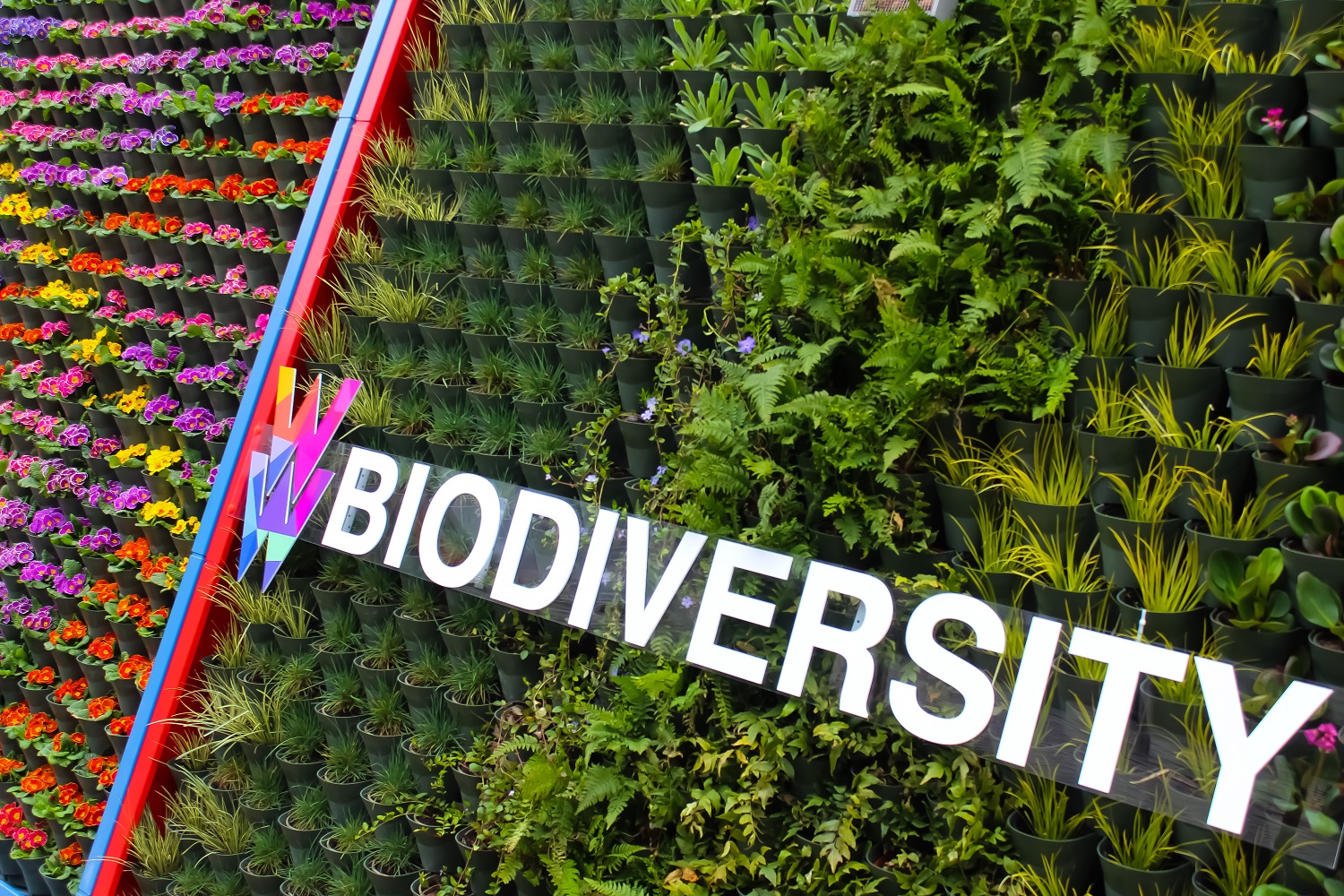
The University’s latest innovation is set to provide options on how to tackle the climate emergency.
Yesterday saw the official launch of the National Based Solutions Living Lab at The University of Salford.
This said to be ground-breaking IGNITION project is part of 4million EU-funded initiative, that brings together twelve organisations in Greater Manchester. The region is looking to uplift its footprint of green spaces contributing to its 2030 net-zero target.
The event was attended by the Mayor of Salford, Paul Dennett, and a global panel of Mayors from Australia, France, Canada, and the UK. Who all highlighted the importance green infrastructure plays in their cities, outlining how crucial it is in their vision to build a sustainable future.

Although unable to attend the event due to illness, Mayor of Greater Manchester Andy Burnham said: “The Living Lab epitomises the kind of vision and innovation that Greater Manchester does best. This place was the home of the first industrial revolution and right now we are at the forefront of a new industrial revolution in sustainable technologies here in the Northwest”
“We know that the climate crisis is one of the most fundamental challenges we face, but it also presents us with an opportunity to change our places for the better. By pioneering and testing new solutions to these challenges, the Living Lab can help us to rethink what truly green infrastructure looks like – and the kinds of jobs, skills and development that will be needed to make our towns and cities fit for the future”.
Located at Salford University’s main campus, the lab includes a rain garden, living wall, green/blue roof, and a sustainable urban drainage system for street trees. By using these facilities, research and businesses can analyse the impact of green infrastructure in a real-world retrofit urban environment.

Professor Hisham Elkadi, Director of the Living Lab at the University Said: “We are delighted with the completion of the IGNITION Living Lab. This exciting development at the University campus demonstrates cutting edge green infrastructure technologies that continue to provide data for further research on hydrology, biodiversity, heat transmission through the structures, as well as how people interact with those installed green infrastructures”.

“The impact of the Living Lab in its direct context includes uplifting the functionality of existing spaces and buildings on campus regarding water attenuation, energy performance, inclusive biodiversity and human interaction with GI. The Living Lab has also provided social engagement opportunities through communicating the innovative solutions and data to a wider range of stakeholders in Greater Manchester through events and collaborative activities delivered with our IGNITION partners”.
Welcomed by the business community, who have used the facility to investigate and experiment how green infrastructure can be used in different environments. The Living Lab team is currently working with Barratt Home and SEL Environment on a collaboration that involves developing greener smart homes and commercial buildings. If successful, the roll-out will have a significant impact on the residential and construction industry as well as the retail sector, in particular superstores in Greater Manchester.
AND WE MOVE 📈
Our Salford Crescent is about to level up 😍
Take a look at the Masterplan, you're going to be excited 🔽
— University of Salford (@SalfordUni) June 18, 2021
The University is the fastest growing University in the Northwest and the 5th fastest growing in the UK. They’re continuing to invest in their campus and are part of a £2.5 billion Crescent Masterplan, and a 240-acre major regeneration scheme, aimed at driving economic and social prosperity for the whole of the city over the 20 year life of the programme.














Recent Comments